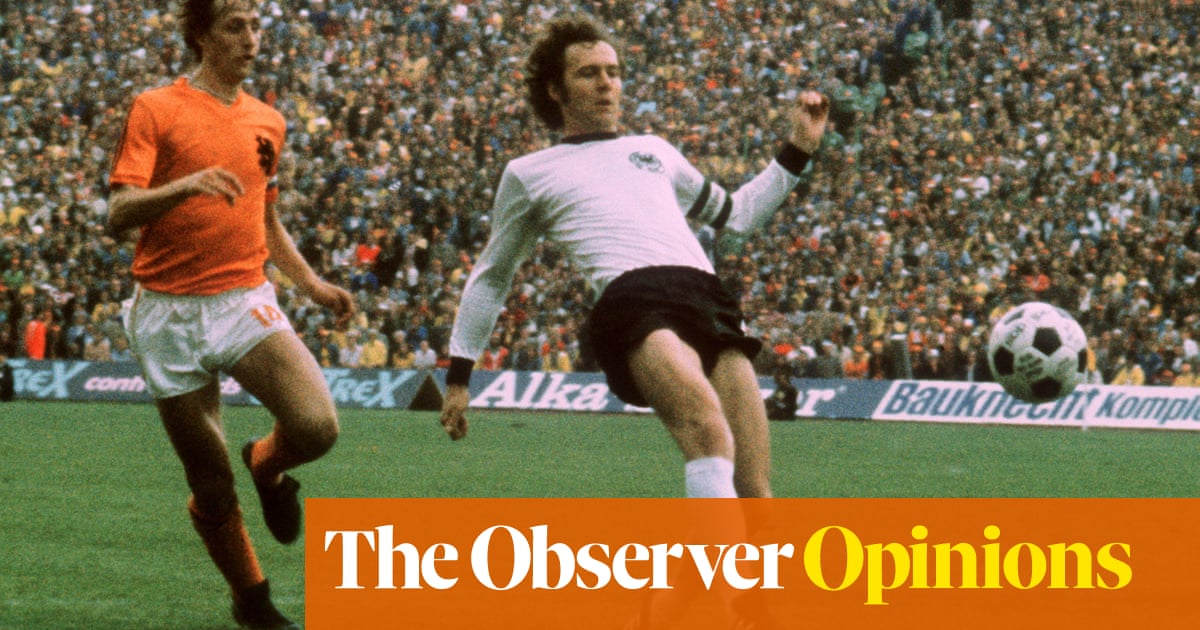
What a mess Swansea City have become. There are problems on the field, off the field and just about everywhere you look, so much so that it seems like a trick of the imagination that only a few years ago they were hailed as the Premier League’s model club. Who on earth would want to follow their example now?
For a third season running they are mired in a relegation battle, anchored to the bottom of the table and caught up in a dismal cycle of failure that sees the club lurch from crisis to crisis, hire and fire managers, and never for a moment stop to address the deeper, underlying problems that have got them into such a dire position in the first place.
The spotlight should be shining on those at the very top of the club, not just Paul Clement, who has become the third manager to be sacked in the space of 14 months – a statistic that says everything about what the Swansea Way has come to mean. The buck stops with Huw Jenkins, the chairman who has presided over far too many poor decisions without being held to account, and questions also have to be asked of the club’s majority shareholders, Steve Kaplan and Jason Levien, whose 18-month reign has delivered far too much bad news.
The Americans probably realise by now that being absentee owners only works if the person running the club on a day-to-day basis has the football expertise to make the right calls. Swansea’s flawed managerial appointments, and in particular their transfer strategy over the past few years, suggests otherwise, which is why sacking the man who gives the team talk every time there is a downturn in results will never solve anything in the long term.
Clement certainly did not help himself on occasions, particularly with his overly cautious tactics, but the truth is that the seeds for the woeful season that has unfolded were sown during a disastrous summer transfer window that laid bare some of the unfathomable thinking that goes on behind the scenes when it comes to player recruitment.
Swansea sold Gylfi Sigurdsson, their most influential player, for £45m and never replaced him, even though they were aware for months that the Icelander was leaving. They waited until deadline day to sign Wilfried Bony, despite knowing that he had not completed 90 minutes in club football for more than a year and desperately needed a proper pre-season to get fit. Sam Clucas was bought without any idea as to where he would play and what he could bring to a midfield that was already overloaded with similar players.
Fernando Llorente departed for Spurs and Swansea were happy to go into the season with only two strikers, leaving Tammy Abraham, a 20-year-old loanee, to lead the line throughout the festive programme because Bony, predictably, is injured. Kyle Naughton, a weak link at right-back, was allowed to continue without any pressure on his position. And how could anyone have thought that Wayne Routledge, Nathan Dyer and the Dutchman Luciano Narsingh could be relied upon to provide craft and guile from the flanks?
Although Clement was involved in that transfer process throughout, he only had his fingerprints on two of the deals in terms of being absolutely central to those players signing. Abraham, who has looked out of his depth at Premier League level despite making a bright start, was one of them. The other was Renato Sanches. Hailed as a huge coup for Swansea when he arrived from Bayern Munich, Sanches’s time at the club is in danger of being defined by that pass into the advertisement hoarding at Stamford Bridge.
Standing on the sideline with one hand over his eyes, Clement was unable to conceal his frustration at the time of that pass, and that pained expression on his face became an all too familiar sight this season. He tried just about every system going, chopped and changed personnel, but invariably got the same outcome. Privately, if not publicly, he must have come to the same conclusion as most Swansea supporters: the squad that he was working with was nowhere near good enough to compete.
On top of all that, anger and unrest has been bubbling away in the stands, which is a legacy of the takeover last year as much as the shambles on the pitch.
“You greedy bastards, get out of our club” is a refrain aimed at the board members who sold their shares last year and it gets an airing from time to time, the supporters’ trust is going through chairmen like the club is going through managers, and Kaplan and Levien can expect to feel the heat if the money that was left over from the summer, when Swansea had the lowest net spend in the Premier League, is not ploughed into the team next month.
What a job for someone to walk into. The Guardian Sport












